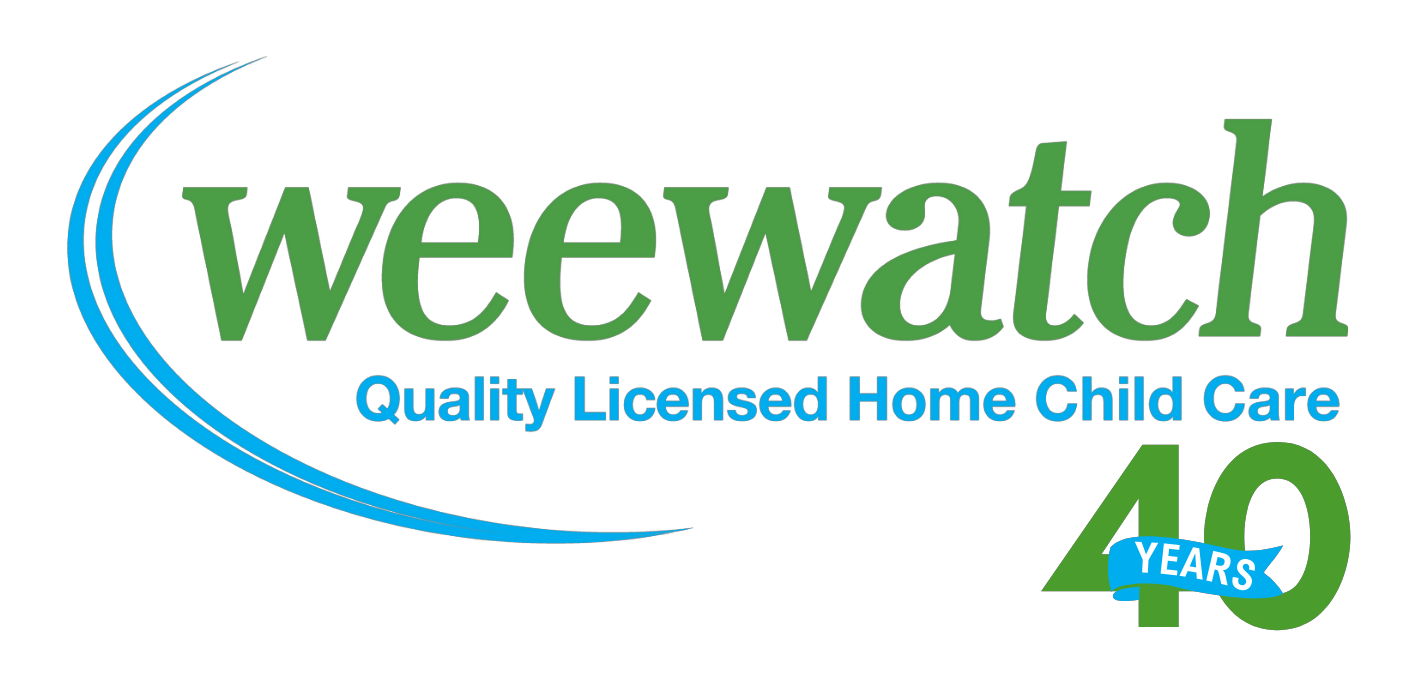If your child has food allergies, you’re obviously concerned about keeping them safe when they are at daycare. What is reasonable to expect from your childcare Provider? A quality, licensed daycare operation should have an allergy policy in place, plus the child care Provider should be trained on how to recognize and react to food allergies.
Ask Your Child Care About Their Allergy Policy
Find out how they keep track of children’s allergies and how well they adhere to it. Find out if the child care Provider has a valid CPR certificate with first aid training, and if they know how to treat a severe allergic reaction.
Wee Watch Home Child Care
At Wee Watch, we have an allergy procedure that all of our home child care Providers must follow. As well, all of our Providers have allergy training and know how to respond in case of an emergency.
We ask parents of allergic children to complete our Wee Watch Allergy Notice form and we discuss the severity of their child’s allergies with them.
This signed Allergy Notice with your child’s information gets posted in a visible place in the Wee Watch Provider’s kitchen. The form clearly lists what foods not to give your child, plus any other non-food allergies or other medical conditions they might have.
The form also indicates what medication your allergic child must have with them at all times, along with your child’s symptoms of a reaction and recommended response to reaction. This allows a Wee Watch Provider to spot a reaction quickly and know what action to take in the case of a problem.
How You Can Help Your Child Care Provider
This policy goes a long way towards protecting your child, but here are other ways that you can help a caregiver manage your child’s food allergies:
- Upon request, be willing to provide “safe foods”
- Have your child wear a Medic Alert bracelet.
- Ask that the Provider always supervise the children while eating and discourage food sharing.
- Ensure that your child’s daycare always has the medication they need.
- Write up an emergency treatment plan for the caregiver to follow if your child has an allergic reaction. Include contact information for your child’s doctor.
- As child gets older, teach child to recognize the first symptoms of an allergic reaction, who can give them medicine and not to share food.
Having an effective allergy action plan is only one aspect of a strong home child care.
